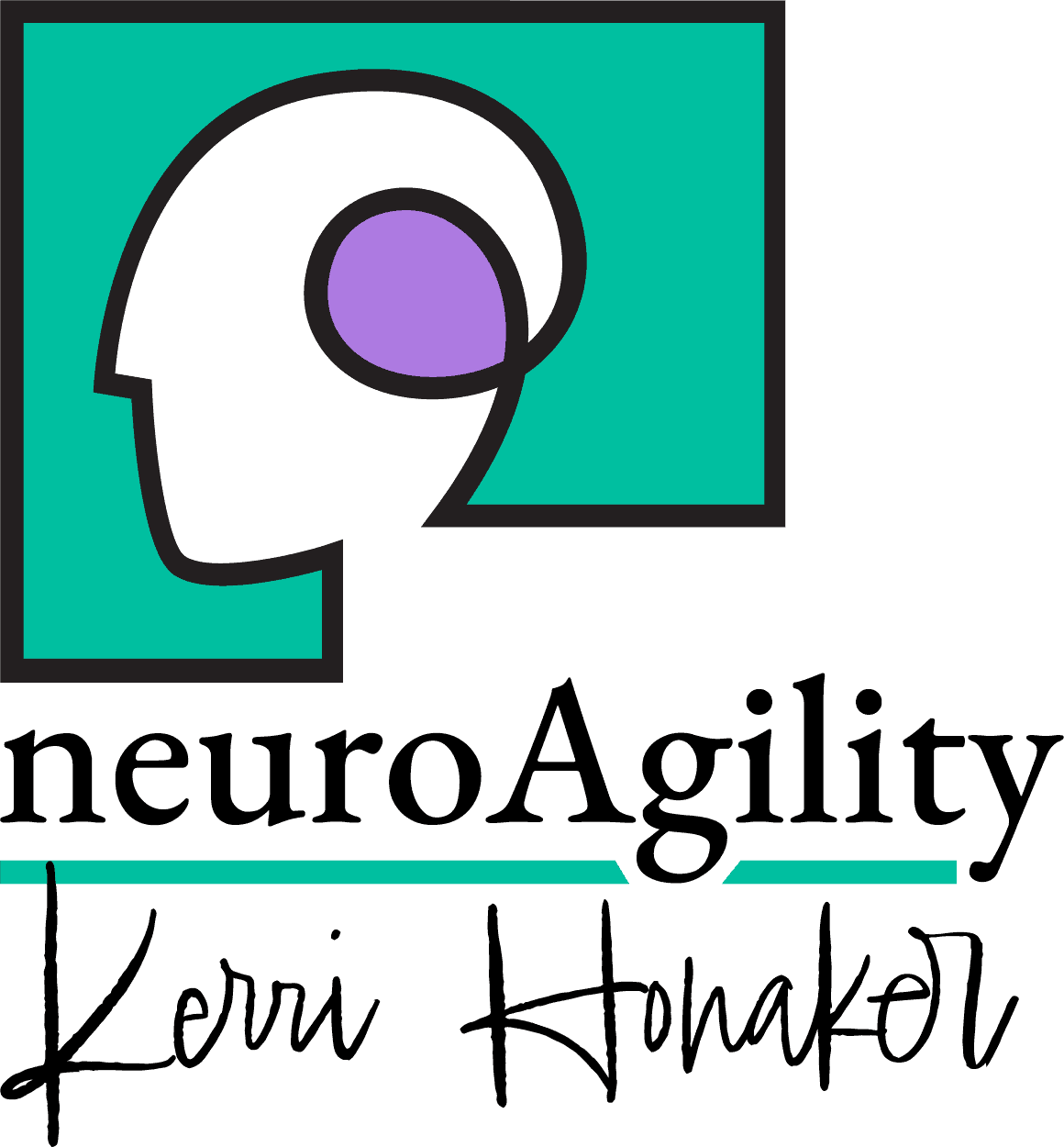Anxiety
-
Silence is good for your brain and lowers stress, but where can you find it?
Even as the world gets noisier, scientists are learning more about the very real negative physical and mental effects of noise. And it’s through those studies of noise pollution that we are also getting a handle on how important silence is to the brain and mental health. Read Full Article: mother nature network, “Silence is…
-
Kids’ Grades Can Suffer When Mom Or Dad Is Depressed
·
When parents suffer depression, there can be a ripple effect on children. Kids may become anxious, even sad. There may be behavior problems. Health may suffer. Full Article: npr, “Kids’ Grades Can Suffer When Mom Or Dad Is Depressed”
-
How Meditation Changes the Brain and Body
Follow-up brain scans in a study of those who underwent mindfulness meditation showed that there was more activity, or communication, among the portions of their brains that process stress-related reactions and other areas related to focus and calm. Full Article: The New York Times, “How Meditation Changes the Brain and Body”
-
Brain Training for Anxiety, Depression and Other Mental Conditions
Not everyone responds to current treatments like antidepressant medication and talk therapy. There is an urgent need for new approaches for psychiatric disorders, particularly anxiety and depression. Neurofeedback uses real-time scans to show patients how their brains go awry—and how to fix the dysfunction. Full Article: The Wall Street Journal, “Brain Training for Anxiety, Depression…
-
School-Based Mindfulness Training May Reduce Stress, Trauma
Students taking a mindfulness-based stress reduction program during the school day ended up with less symptoms of stress and trauma than children attending classes on health topics, researchers found. Full Article: PsychCongress, “School-Based Mindfulness Training May Reduce Stress, Trauma”
-
Bullying in Schools is a Serious Issue
·
· AnxietyCAUTION: prior to clicking the link to this article, please be advised that the story contains insulting slurs. It is the narrative of a high school teenager who was bullied at school to the point of suicide. She feels more students should be able to make the choice that saved her. Full Article: Salon, “…bullying…
-
Better Math Scores, Less Fear
Early anxiety about dealing with numbers can put a child at a significant disadvantage, not only in school but in negotiating life and a career. A study of third-graders suggests an intervention that can help. Researchers say one-on-one tutoring calms the fear circuitry in the brain. Full Article: NPR, “1 Student + 1 Tutor =…
-
What Stress Does to Your Brain
·
New research examines the myriad ways chronic stress and anxiety can damage your long-term health. Full Article: Salon, “What Stress Does to Your Brain”
-
Kids of Helicopter Parents Are Sputtering Out
Recent studies suggest that kids with over involved parents and rigidly structured childhoods suffer psychological downfall in college. Full Article: Slate Magazine, “Kids of Helicopter Parents Are Sputtering Out”
-
Why Being Idle Can Lead to Better Thinking
·
Studies show that people would rather do something—anything—than be alone with their thoughts. But it’s through reflection, daydreaming, and introspection that we make sense of information and experiences and come up with new insight and ideas. Full Article: Lifehacker, “Why Being Idle Can Lead to Better Thinking”
